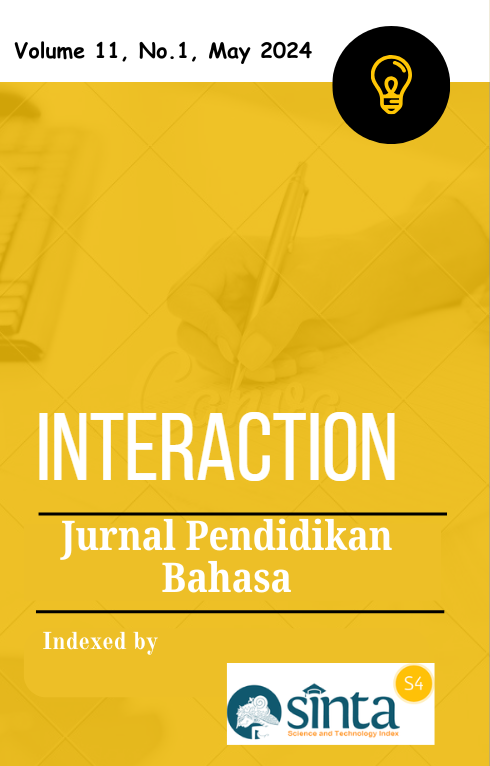Identifying Effective English Language Learning Activities for Informatics Students: A Need Analysis Survey
Abstract
The aim of this study is to determine which instructional materials and learning activities informatics students can use to enhance their English language proficiency. Students were surveyed about their preferences and impressions of different learning activities and media using an analysis of needs questionnaire. Based on the survey results, games are considered to be the best exercise for expanding vocabulary—76.2% of students agreed with that assertion. 81.0% of students believe that YouTube videos are the best resource for improving listening skills. The two activities that are considered most useful for improving speaking skills are role-playing and simulation, both of which received a 57.1% recommendation. Chatting emerges as the most favored activity for enhancing writing skills, with 71.4% of students supporting its effectiveness. As far as improving writing skills go, talking is the most preferred activity (71.4% of students agree). Lastly, per 61.9% of students, reading articles from newspapers or magazines is the best exercise that improves reading abilities. By adjusting their teaching methods to better suit the needs of informatics students, lecturers will be likely to create an English language environment for learning that is both more successful and entertaining for students.
Downloads
References
Basturkmen, H. (2010). Developing Courses in English for Specific Purposes. Palgrave Macmillan.
Belcher, D. (2009). "What ESP Is and Can Be: An Introduction to the International Consortium of ESP Scholars." English for Specific Purposes, 28(1), 1-4.
Cahyono, B. Y., & Widiati, U. (2011). "The Teaching of English as a Foreign Language in Indonesia." Indonesian Journal of Applied Linguistics, 1(1), 57-68.
Chen, Y. (2011). "The Effects of Content-Based Instruction on EFL Students’ Reading
Hyland, K. (2012). "Disciplinary Identities: Individuality and Community in Academic Discourse." Journal of English for Academic Purposes, 11(1), 25-38.
---------- (2016). English for Academic Purposes: An Advanced Resource Book (2nd ed.). Routledge.
Li, J., & Schmitt, N. (2009). "The Acquisition of Lexical Phrases in Academic Writing: A Longitudinal Case Study." Journal of Second Language Writing, 18(2), 85-102.
Paltridge, B., & Starfield, S. (2013). The Handbook of English for Specific Purposes. Wiley-Blackwell.
Tomlinson, B. (2011). Materials Development in Language Teaching (2nd ed.). Cambridge University Press.Performance." Asian ESP Journal, 7(4), 91- 119.
Tsou, W. (2011). "The Application of ICT in Teaching English for Specific Purposes." The Internet and Higher Education, 14(1), 53-59.




.png)



22.png)
